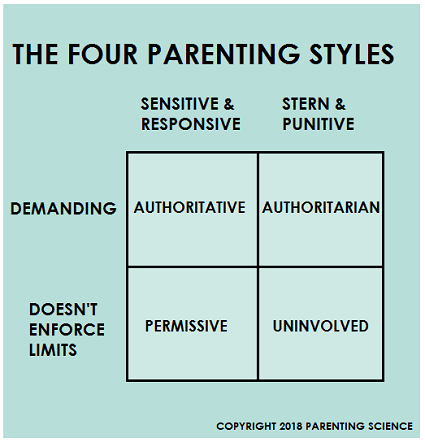
Parenting styles can vary greatly from person to person, making it essential to learn how to navigate the differences. In this article, we will explore effective strategies for managing diverse parenting styles. Whether you and your partner have contrasting approaches or you find yourself at odds with other caregivers in your child’s life, understanding how to reconcile these differences can lead to more harmonious and effective parenting. From open communication to finding common ground, we’ll provide practical tips to help you create a nurturing and supportive environment for your child.
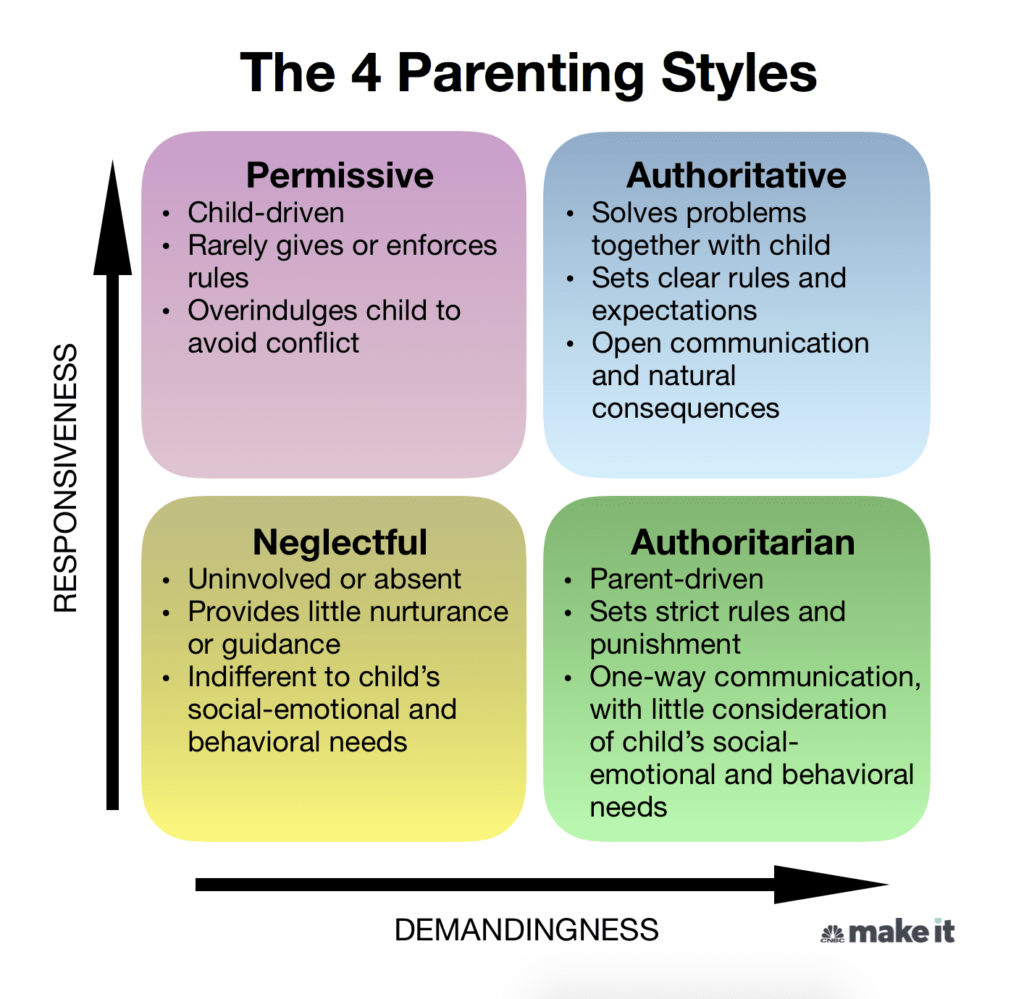
This image is property of image.cnbcfm.com.
Communication
Communication is a vital aspect of any relationship, and it becomes even more critical when it comes to co-parenting. Open and honest communication allows both parents to express their thoughts, concerns, and desires for their children effectively. By creating an environment where both parties can freely share their thoughts without fear of judgment or criticism, you can foster a healthy and constructive dialogue that promotes understanding and cooperation.
Active listening is another essential element of effective communication. It involves giving your full attention to your co-parent when they are expressing their thoughts or concerns. By actively listening, you show respect for their perspective and demonstrate that you value their opinions. This practice helps to build trust, strengthen the bond between co-parents, and ensures that both parties feel heard and understood.
Furthermore, practicing empathy and understanding can significantly enhance your communication as co-parents. Empathy involves putting yourself in the other person’s shoes, trying to understand their emotions, and seeing things from their perspective. By acknowledging and validating each other’s feelings, you create a safe space where both parties feel supported and valued. Understanding each other’s viewpoints helps create a sense of unity and cooperation in raising your child.
Respect
Respect is the foundation of any successful co-parenting relationship. It entails recognizing and appreciating each other’s parenting style, even if it may differ from your own. Respecting diversity in approaches to parenting allows both parents to bring their unique strengths and perspectives to the table. It is essential to remember that there is no one-size-fits-all approach to parenting, and what works for one child may not necessarily work for another.
Avoiding criticism and judgment is crucial in maintaining a respectful co-parenting environment. Instead of focusing on what you perceive as flaws in your co-parent’s parenting style, try to find common ground and appreciate their efforts. Criticizing and judging only breed negativity and resentment, creating a hostile environment that is detrimental to the child’s wellbeing. By focusing on the positive aspects of each other’s parenting, you can build a stronger foundation for effective co-parenting.
Finding common ground is an essential aspect of respectful co-parenting. While you may have differences in parenting styles, it is crucial to identify shared goals and values when it comes to raising your child. By focusing on what unites you as parents, you can find ways to collaborate and work together for the best interests of your child. It may involve compromising or adjusting certain parenting practices to align with each other’s values, ultimately creating a harmonious co-parenting dynamic.
Compromise
Compromise is key to managing differences in parenting styles effectively. It involves finding a middle ground that respects both parents’ perspectives while ensuring the child’s wellbeing is prioritized. Rather than approaching co-parenting as a competition to prove who is right or wrong, embrace compromise as an opportunity to find creative solutions that cater to everyone’s needs.
Flexibility and adaptability are crucial traits in the co-parenting journey. Recognize that each child is unique, and their needs may evolve over time. Being open to adjusting your parenting strategies and practices as circumstances change is essential for fostering a supportive and nurturing environment for your child. Flexibility allows you to embrace new approaches or modify existing ones to suit your child’s needs, while adaptability ensures that you can navigate any challenges that arise during the co-parenting process.
Prioritizing the child’s wellbeing is the ultimate goal of co-parenting. While it may be challenging to put aside personal differences, remember that your child deserves the best possible upbringing. By placing their needs at the forefront and making decisions based on what is in their best interest, you can overcome differences in parenting styles and work together as a united front.
Seeking professional help
Sometimes, managing differences in parenting styles may require seeking professional help. Consulting a family therapist can provide valuable guidance and support in overcoming challenges and improving communication between co-parents. Family therapists are trained to navigate complex family dynamics, and they can provide personalized strategies and techniques to help co-parents work through their differences more effectively.
Parenting classes are another excellent resource for co-parents seeking to enhance their skills and knowledge. These classes offer valuable insights and techniques for effective co-parenting, covering topics such as communication, discipline, and supporting your child’s development. Attending parenting classes together can help both parents gain a shared understanding and language when it comes to parenting, ultimately promoting unity and cooperation.
Educational resources such as books, articles, and online forums can also be beneficial in addressing differences in parenting styles. These resources provide a wealth of information, perspectives, and practical strategies that co-parents can explore and implement. By continuously learning and seeking information, you can expand your knowledge base and find new ways to navigate the challenges of co-parenting effectively.
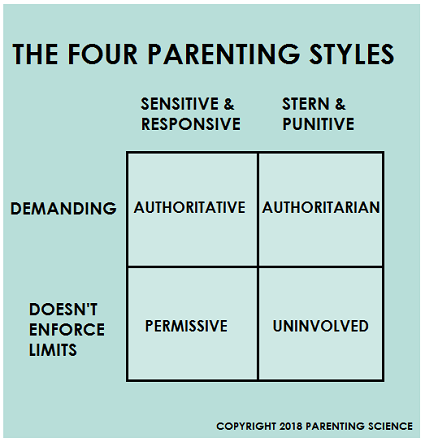
This image is property of parentingscience.com.
Parenting values
Aligning parenting values is crucial for a successful co-parenting relationship. Discussing and understanding each other’s values helps ensure that both parents are working towards the same overarching goals. Take the time to openly communicate and explore each other’s beliefs, traditions, and expectations when it comes to raising your child.
Developing a shared parenting vision is a powerful exercise that can help you define your collective goals and aspirations as co-parents. This involves envisioning what you want for your child in terms of their character, values, and future success. By creating a shared vision, you can establish a strong foundation for your co-parenting journey and align your efforts towards a common goal.
Negotiating differences is a necessary part of co-parenting. It involves finding compromises and solutions that respect both parents’ values and perspectives. When faced with conflicting opinions, engage in open and respectful discussion, allowing each parent to express their views. Through effective communication and a willingness to find middle ground, you can forge a strong co-parenting dynamic that promotes unity while respecting individual values.
Role division and responsibilities
Dividing roles and responsibilities is an essential aspect of co-parenting. Clearly defining and delegating tasks helps create structure, consistency, and a sense of shared responsibility. Consider each parent’s strengths, interests, and availability when assigning roles to ensure a balanced and efficient distribution of responsibilities.
Setting clear expectations is another crucial component of role division. Clearly communicate your expectations for each other’s roles, ensuring both parents are aware of what is required of them. Establishing mutual understanding and agreement in this area helps prevent misunderstandings or confusion and fosters a sense of shared responsibility for the child’s wellbeing.
Supporting each other in your respective roles is vital for effective co-parenting. By actively participating and providing assistance when needed, you can create an environment of collaboration and teamwork. Sharing the load not only lightens the burden for individual parents but also strengthens the co-parenting bond and demonstrates your commitment to working together.
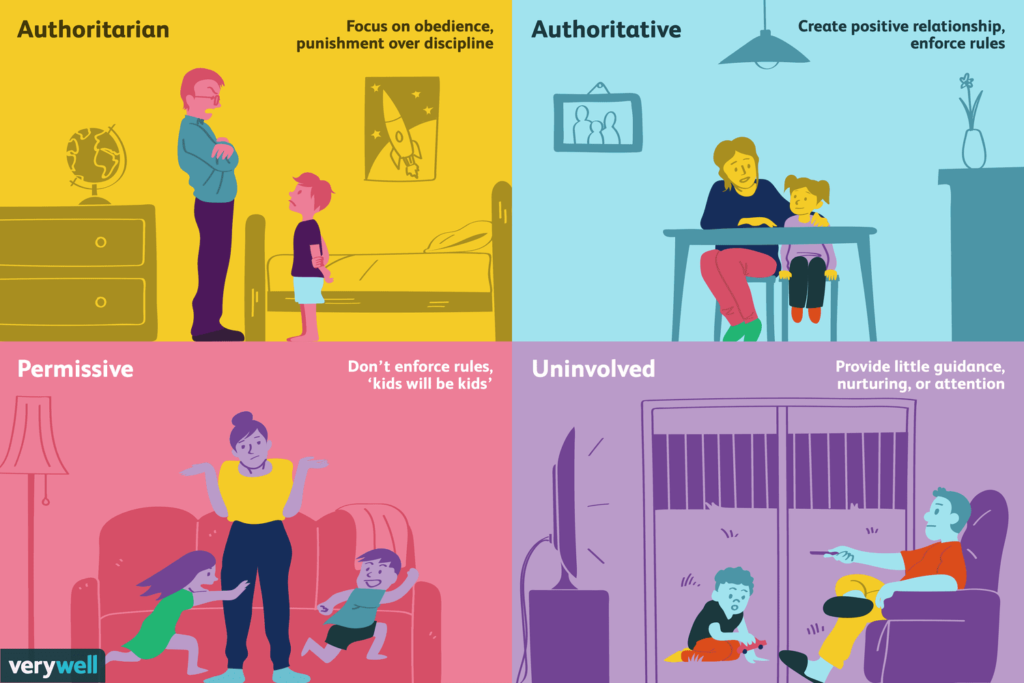
This image is property of www.verywellfamily.com.
Parenting techniques and strategies
Exploring different parenting approaches is an opportunity for co-parents to learn from each other and expand their repertoire of strategies. Each parent brings their unique set of strengths and weaknesses, and by combining these, you can create a holistic and well-rounded parenting approach. Try to be open-minded and willing to integrate new techniques or perspectives into your parenting style.
Identifying strengths and weaknesses in your parenting styles can contribute to a more effective co-parenting approach. Acknowledge and appreciate each other’s strengths, recognizing the value they bring to the parenting dynamic. Simultaneously, be honest and open about areas where improvement or growth is needed. By recognizing these weaknesses, you can work together to develop strategies that address them, ultimately enhancing your parenting effectiveness.
Combining strategies is an excellent way to find synergy in co-parenting. It involves identifying common goals and integrating strategies that support those goals. By leveraging the strengths of each parent and combining different approaches, you can create a powerful and adaptable parenting style that caters to your child’s unique needs.
Consistency
Establishing consistent routines is vital for children’s development and helps create a sense of stability and security. Consistency in co-parenting is achieved by aligning routines, rules, and expectations across both households. By coordinating efforts, you can ensure that your child experiences consistency regardless of which parent they are with.
Agreeing on discipline methods is an essential aspect of maintaining consistency in co-parenting. Discipline should be fair, reasonable, and consistent across both households. By discussing and establishing shared disciplinary practices, you can minimize confusion and ensure that your child receives consistent guidance and boundaries.
Presenting a united front is crucial for effective co-parenting. It involves maintaining consistency in your words and actions when it comes to major decisions or parenting matters. By presenting a united front, you reinforce a sense of stability and security for your child, even in the face of differences in parenting styles. This demonstrates to your child that despite any differences between their parents, they are loved and supported.
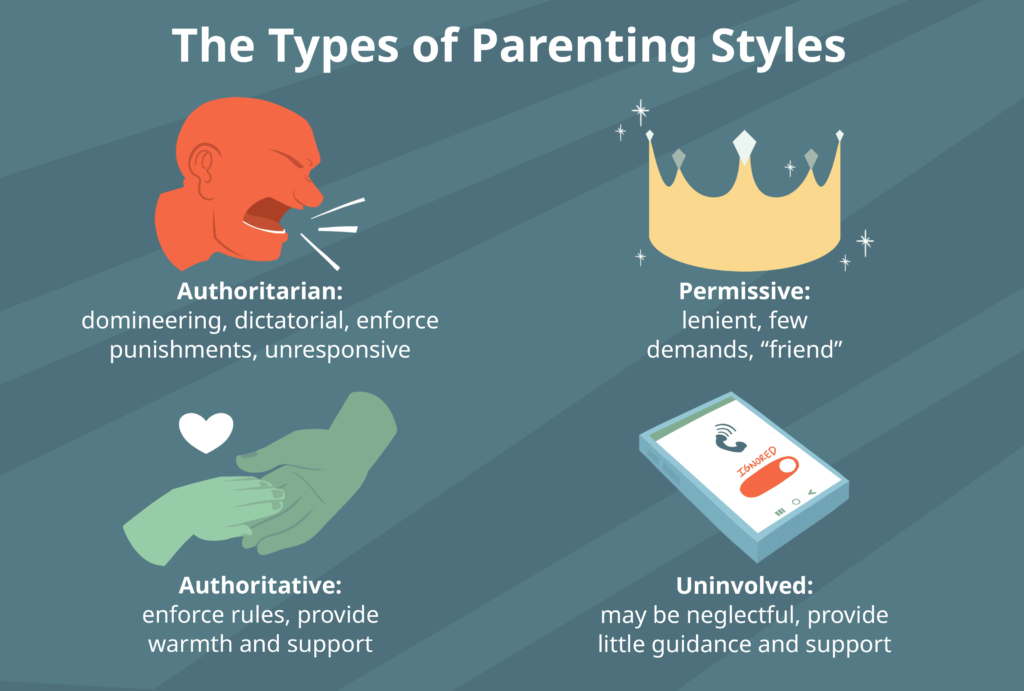
This image is property of www.verywellmind.com.
Creating a supportive environment
Promoting teamwork is essential for creating a supportive co-parenting environment. By viewing co-parenting as a joint effort rather than an individual endeavor, you can foster an atmosphere of cooperation and solidarity. Work together to establish routines, set goals, and make decisions, making it clear that both parents are equally invested and committed to their child’s upbringing.
Building trust and cooperation is fundamental for effective co-parenting. Trust is built upon open communication, consistency, and follow-through with commitments. By keeping your promises and consistently demonstrating reliability, you can foster a sense of trust between co-parents. Cooperation involves actively seeking opportunities to collaborate, respecting each other’s opinions, and working together towards shared goals.
Recognizing and validating each other’s efforts is a powerful way to create a supportive co-parenting environment. Parenting is a demanding and challenging task, and acknowledging your co-parent’s efforts can go a long way in strengthening your relationship. By appreciating and celebrating each other’s achievements, you create a positive atmosphere that encourages continued growth and commitment.
Self-reflection and personal growth
Self-reflection is an essential practice for managing differences in parenting styles. Recognizing personal biases and preconceived notions about parenting allows you to examine your beliefs and attitudes critically. By questioning and challenging these biases, you can open yourself up to new perspectives and approaches that may benefit your co-parenting journey.
Being open to change is crucial for personal growth as a co-parent. Parenting is a continuous learning process, and being receptive to new ideas or strategies can lead to personal evolution. Stay open-minded and willing to adopt new approaches that align with the best interests of your child.
Continuously learning and growing is an integral part of successful co-parenting. Seek out educational resources, attend workshops or seminars, and engage in ongoing self-improvement related to parenting. By continuously expanding your knowledge base, you can enhance your parenting skills and cultivate a more effective co-parenting relationship.
In conclusion, managing differences in parenting styles requires open and honest communication, respect for each other’s perspectives, and a willingness to compromise. By prioritizing the child’s wellbeing, seeking professional help when needed, aligning parenting values, dividing roles effectively, exploring different techniques, and promoting consistency, a supportive co-parenting environment can be created. With self-reflection and a commitment to personal growth, co-parents can navigate their differences in a way that promotes unity, cooperation, and ultimately, the best interests of their child.






